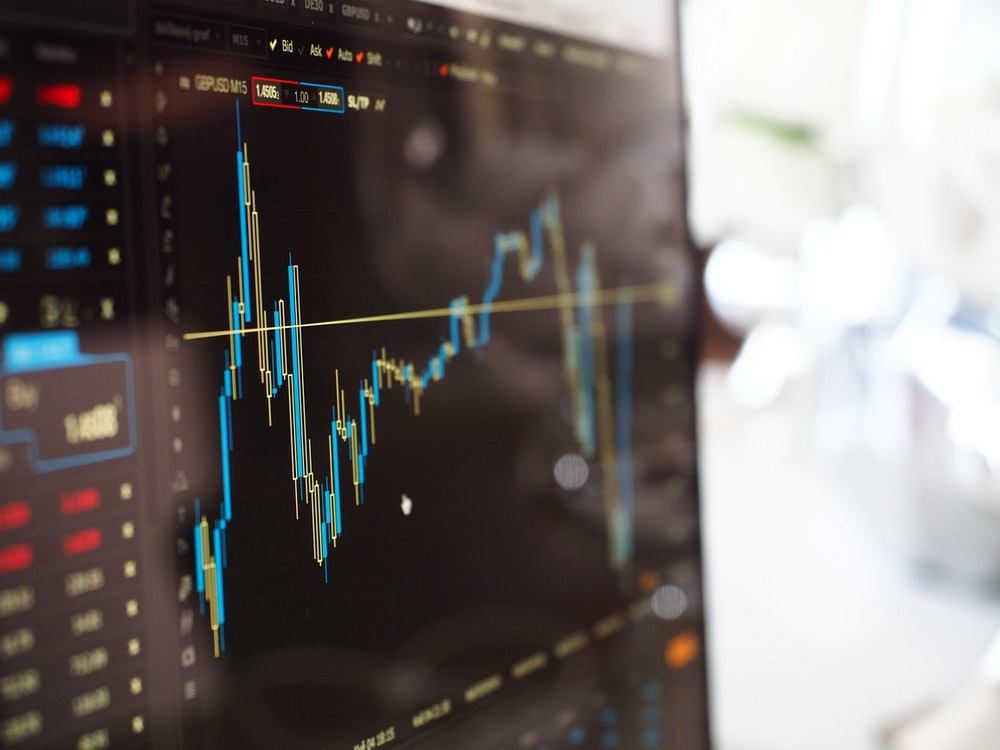A stock market crash occurs when the market index drops severely in a day, or in a few weeks, of trading. These crashes typically occur when an unexpected negative event occurs and hits businesses and other ventures. While volatility can be troubling for investors, experts caution against any hasty sellings when the market falls or trying to time a market correction.
Such movements that go up and down with time can be a good time to review your asset allocation. You can rotate part of your portfolio if you are worried about the risks and instead move to a less risky stock to protect your money from a potential market correction.

Here are some other measures you could take when the market’s inevitability crashes:
Hunt for dividends
Market crashes can be a good time to let your dividends drive your investment choices. Many companies share their profits with shareholders through a small dividend yield annually. A dividend is the distribution of corporate profits to eligible shareholders; the process is similar to how banks pay interest to save account holders.
However, these sums are not guaranteed and can change according to the company’s requirements and profit rate. Companies that do issue dividends tend to be less volatile and more mature, allowing investors to come in during market downturns. As long as dividends are paid out through the company, there will always be profit.
Trust in Asset Allocation

Since market declines are inevitable, it is wiser to invest money across different baskets of assets. In fact, having an appropriate asset collection is the key to reducing investment risks and helps to smooth your ride through market turns and twists. You can diversify your investments through 401(k) plans or by investing in an array of assets within an asset class.
You can also invest in the international market to mitigate risks and balance your portfolio or invest across asset classes such as stocks, bonds and cash, which operate in the public market. Alternative investments include commodities, collectibles, structured products, real estate, and private equity.
Make a plan and make decisions according to it
Sticking with an overall plan is the best thing you can do through a market slump. For investors who may be near retirement, it is necessary for them to manage their risks to avoid the harshest effects and anxieties of a downturn. If you start investing aggressively, it is important to shift investment thinking to protect your assets from taking outsized risks. Investing is all about protecting what you have while shooting for possible, low-risk profits.
Invest only your surplus funds

If you want to take a risk in a volatile market like this, then see whether you have surplus funds which you can afford to lose. It is not necessary that you will lose money in the present scenario.
Your investments can give you huge gains too in the months to come. But no one can be hundred percent sure. That is why you will have to take risks. No need to say that invest only if you are flush with surplus funds.





